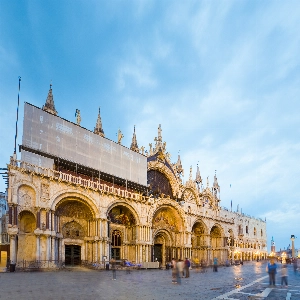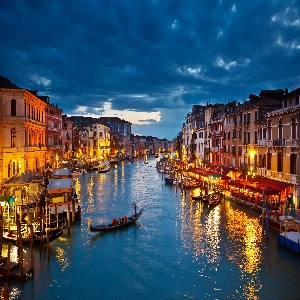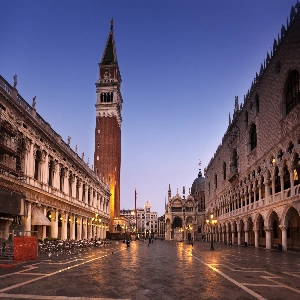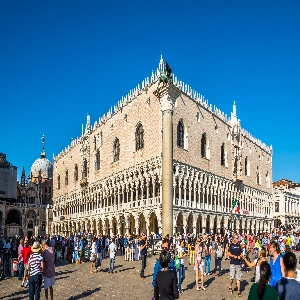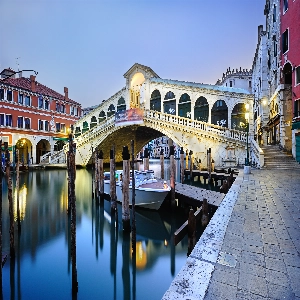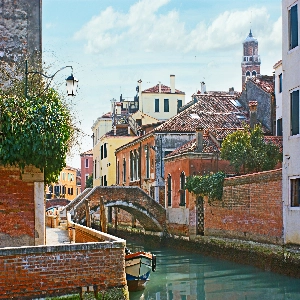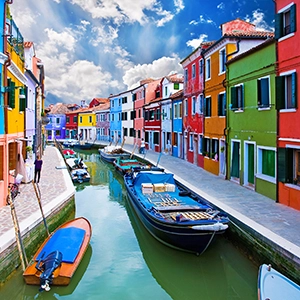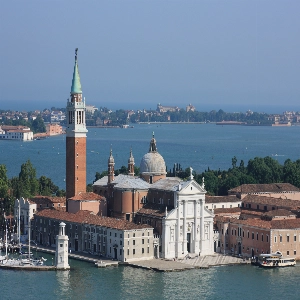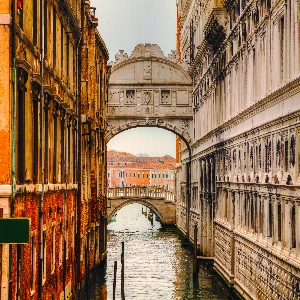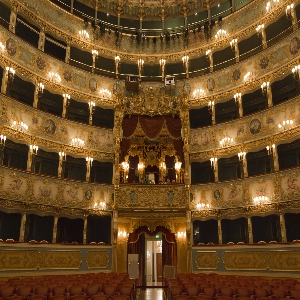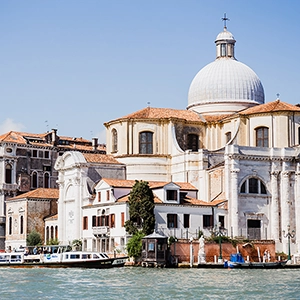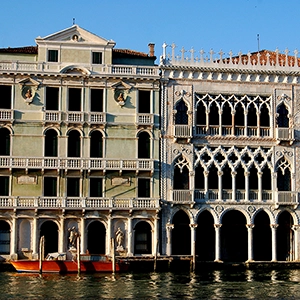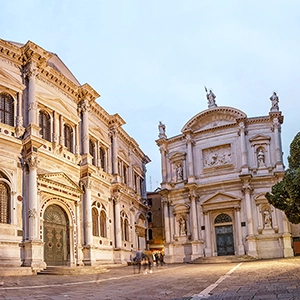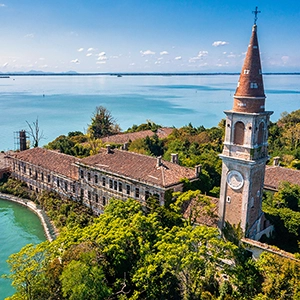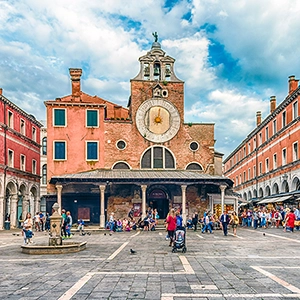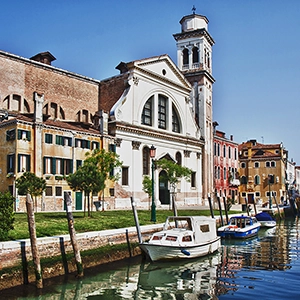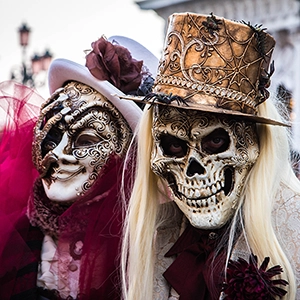Venice Carnival
The Tradition of Masks at the Venice Carnival
The Venice Carnival, or Carnevale di Venezia, is synonymous with the tradition of mask-wearing. The masks, a compelling blend of artistry and enigma, have played a pivotal role in the festival since the 13th century. Each mask bears its own story, a distinct persona that paints a vivid portrait of Venice's intriguing past and spirited present.
Historically, masks were more than just part of the Carnevale. They were a fundamental part of Venetian society, worn for half the year during numerous festivities. The anonymity offered by masks served a social function. It provided a form of liberation from societal norms and class distinctions, allowing individuals to interact freely, irrespective of their social status. The mask equated nobles and commoners, locals and foreigners, making everyone an integral part of the spectacle.
In the 18th century, the use of masks in daily life was banned as the anonymity they offered often led to licentious behavior. However, they remained an integral part of the Carnevale. The tradition was further threatened when Napoleon suppressed the Venice Carnival in 1797, and the art of mask-making fell into decline. It wasn't until a revival of the festival in the late 20th century that the masks regained their iconic status.
Today, the wearing of masks during Carnevale is a tribute to Venice's cultural history and a showcase for Venetian craftsmanship. There are several traditional styles of Venetian masks, each with its unique character. The 'Bauta' is a full-faced mask traditionally paired with a tricorn hat and black cape. The 'Medico Della Peste' or Plague Doctor, with its long beak filled with herbs to ward off the plague, is a reminder of the city's past. The 'Moretta' or Servetta Muta is a small, oval mask worn by women, held in place by the wearer biting on a button or bit, implying a "mute" maid-servant.
The most decorative and recognizable is the 'Colombina', a half-face mask adorned with feathers, jewels, and fabric. Handcrafted by skilled artisans, these masks are stunning examples of Venetian creativity and artistry. Owning one is like holding a piece of the Carnevale's enchanting narrative.
A visit to a 'mascareri', a traditional mask workshop, is an integral part of the Carnevale experience. Watching these artisans breathe life into a piece of leather or papier-mâché, painstakingly painting and decorating, is to witness a centuries-old tradition unfold right before your eyes. And wearing one of these beautiful creations as you lose yourself in the magical Carnevale atmosphere lets you become a part of Venice's enduring story.
In essence, masks are the soul of the Venice Carnival. They embody the city's spirit of freedom, its love for the dramatic, and its deep respect for tradition. As you don a mask and join the festival, you do more than simply hide your identity; you embrace the essence of Venice, becoming a participant in an age-old performance that blurs the lines between the observer and the observed, between reality and fantasy, history, and the present.
